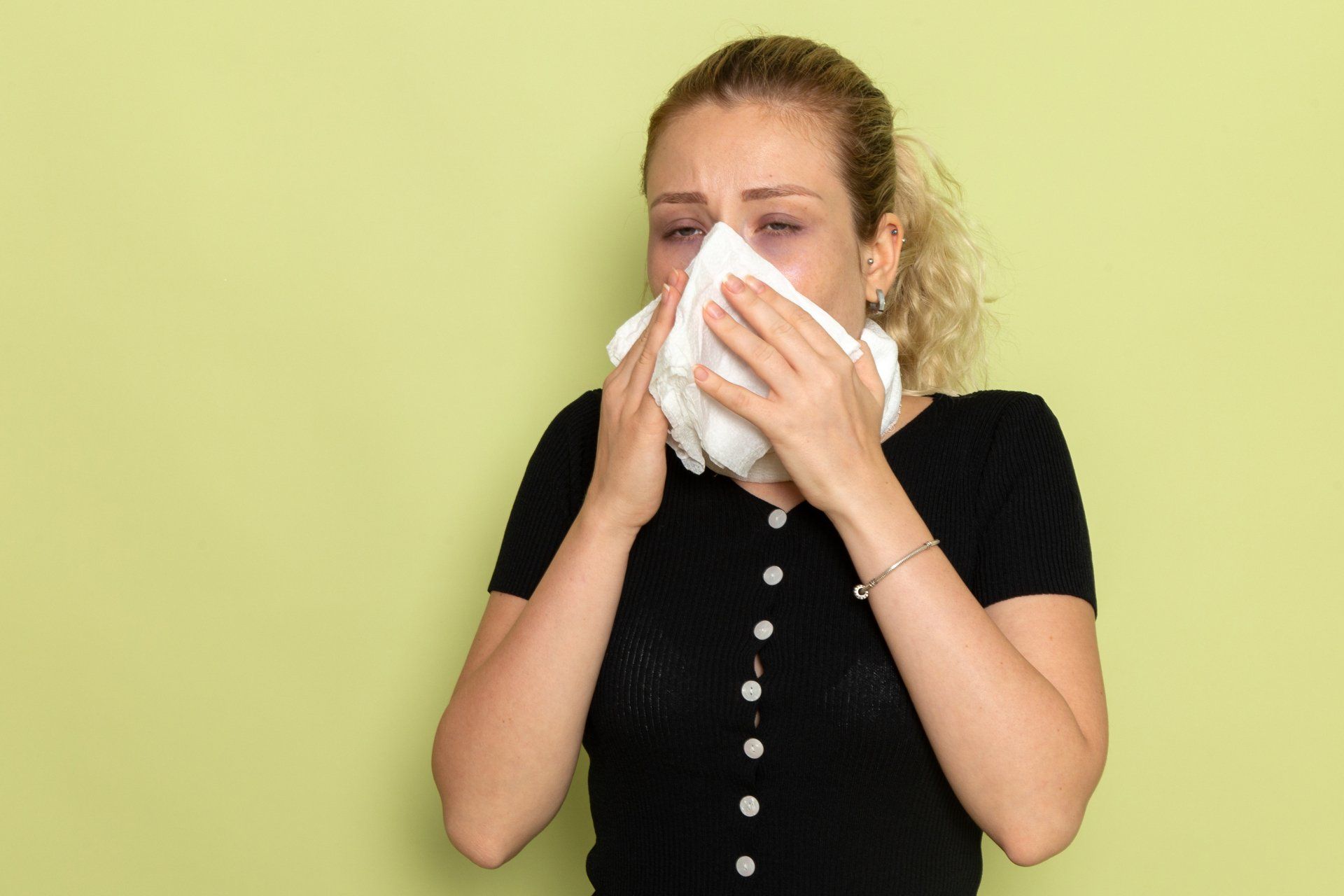Non-allergic Rhinitis

Non-allergic Rhinitis
This is one of the common complaints we hear. In addition to the worry about the cause of the cough, patients experience frustration and anxiety, especially if a diagnosis can't be determined for weeks. Smoking is a common reason for a chronic cough, but dozens of conditions can cause a recurrent, lingering cough, but the lion's share is caused by just five: postnasal drip, asthma, gastroesophageal reflux disease (GERD), chronic bronchitis, and treatment with ACE inhibitors, used for high blood pressure.
FAQs about Non-allergic Rhinitis
Non-allergic rhinitis is characterized by inflammation of the nasal passages, which causes symptoms similar to allergic rhinitis, such as a runny or stuffy nose, sneezing, and post-nasal drip. However, non-allergic rhinitis is not caused by an allergic reaction but by environmental factors such as irritants, weather changes, hormonal changes, or medications. Learn answers to frequently asked questions about this non-allergic rhinitis.
